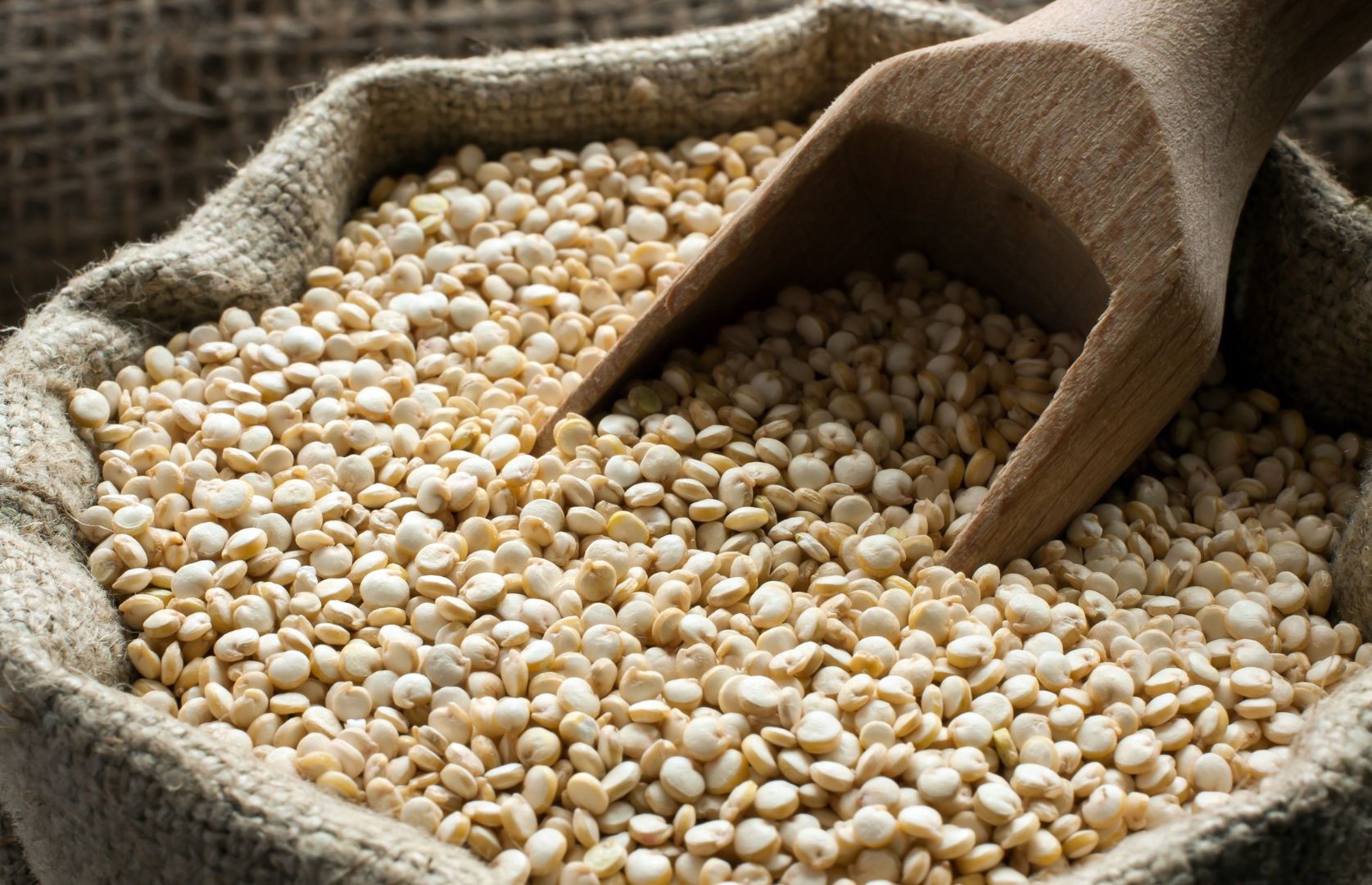What is Food Fortification and its Benefits?

This post is also available in:
This post is also available in:
![]() Español (Spanish)
Español (Spanish)
The Impact of Food Fortification: Enhancing Nutrition and Public Health
Food fortification is defined as “the practice of deliberately increasing the content of micronutrients in a food to improve the nutritional quality of the food supply and to provide a public health benefit with minimal risk” (WHO and FAO, 2006). Adding micronutrients to staple foods has been established as a successful public health strategy to address deficiencies and improve overall nutritional quality. Implemented initially during wartime to combat deficiencies and restore nutrients lost during processing, practices like iodized salt have demonstrably reduced diseases like goiter. Underutilized plants like buckwheat, quinoa, and amaranth, along with an assortment of legumes, pigmented cereal grains, and nuts enriched with bioactive health-promoting phytochemicals, are gaining traction in the food industry for the development of functional foods (Hayta & İşçimen, 2019). Fortification efforts have continued to evolve, focusing on cost-effectiveness and targeting specific population needs. This approach is particularly relevant for low- and middle-income countries, where biofortification and strategic fortification of staple foods can significantly improve micronutrient intake and population health.
References
Hayta, M. and İşçimen, E.M. 2019. Effects of Phytochemical Fortification of Flour and Bread on Human Health. Flour and Breads and their Fortification in Health and Disease Prevention 2nd ed. Academic Press, pp.273-289.
Means, R. T. (Ed.). (2019). Nutritional anemia: Scientific principles, clinical practice, and public health. Cambridge University Press.
Further reading










































































